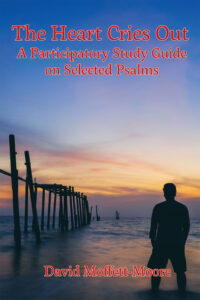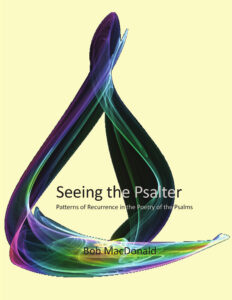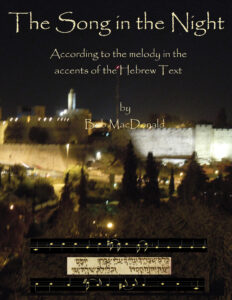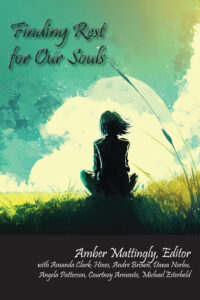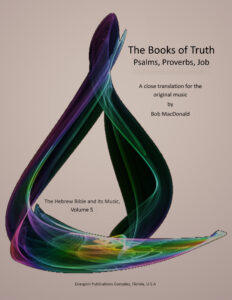Psalm 119:45 – Walk in Liberty
So I will walk in liberty
for I seek your precepts.
I must credit Mitchell Dahood in his 3 volume commentary on Psalms in the Anchor Bible (vol 1, vol 2, vol 3) for the word “liberty.” I was struggling for a translation that I felt lived up to the context. I think that one does. Mitchell Dahood was an interesting character. One of my professors in graduate school said of him that he was right no more than 20% of the time, but when he was right, he was so right that it made up for all the rest!
This verse seems to express a contradiction, or perhaps more of a creative tension between rules and liberty. We generally think that the more rules there are, the less liberty, and vice-versa. But the Psalmist here is talking about walking, i.e., living his life in liberty precisely because he seeks God’s precepts.
Our problem as humans is that we (or at least most of us) want to be in control. Some people are very controlling, and we often call them control freaks. But there are very, very few people who actually want to be controlled by someone else.
The experiment in the United States with prohibition illustrates a problem with such control. When you make a law banning some sort of behavior, it’s critical that most people believe that rule is a good one, one that should be enforced. In the case of prohibition, too few people thought it was a good rule and too many wanted to control what they were imbibing themselves. This sort of attitude makes a law difficult to enforce. (Note that I don’t consider this a full exploration of the sociology of prohibition. It is just one aspect.)
Consider as an easier case the 55 mile per hour national speed limit. Enforcing it was massively difficult, especially in the wide open spaces of the mid-west and northwest. Many people thought in the abstract that it was a good idea, but when they got out on the road, they drove a great deal faster.
I remember one occasion when I was on leave from the Air Force and was driving on I-80 through Wyoming. There are some really long sections where you can see for miles, and driving 55 mph was unlikely. My speed crawled up to 70 mph. Soon I saw those flashing blue lights in the distance and I was pulled over. I was concerned, because 70 in 55 is quite a bit over the limit.
The trooper was a nice guy. He took care of identifying me, and then said, “Young man, would it be possible for you to see your way clear to drive just a little bit slower across my state?” I said, “Yes sir, I imagine I could.” He grinned, wrote me a warning, and off I went.
Neither of us were really seeing my rule-breaking as all that bad. Yes, he wanted me to slow down, but if he was a real stickler for the rules, things could have gone much worse. He could also have said something like, “The limit is 55 mph you idiot, and you didn’t get to 70 mph by mistake!” But he didn’t.
But there is a best way of doing things. There’s a “safest” way of driving, a healthiest way of living, the most productive way of working, and the most effective way of relating to one another.
I think that’s what the Psalmist is thinking about. If I can get on the same wavelength as the creator of all of this, it’s likely I’ll find that place where I find the best balance between all the various factors of my existence, a place where I really have liberty, but don’t suffer from falling into stupid.
I once participated in an online discussion in which a Canadian cop commented that if he could eliminate stupid and drunk, he’d be out of a job.
How about aiming for eliminating our own versions of stupid and drunk from our lives by finding God’s best alignment?
Some resource books on the Psalms:
(Featured image generated by Jetpack AI.)

